Mortgage Pre-Approval in Vancouver
Know your mortgage before shopping for a new home. It’s a no-brainer.
Before you start looking for your dream home, it's important to take a key first step that can make the whole process smoother and more efficient; getting pre approved for a mortgage. This proactive approach not only gives you a clear idea of how much you can afford but also makes budgeting easier and narrows down your options. Additionally, having pre approval allows you to secure attractive mortgage rates in advance, protecting you from potential rate increases.
What’s a Mortgage Pre-Approval?
Mortgage pre approval goes beyond a mere formality; it serves as your key to confidence in the housing market. Essentially, this process is an evaluation of your financial situation by a lender. This assessment dives into your income, assets, debts and credit history to determine the mortgage amount you are eligible for.
When you request a mortgage pre approval, it won't cost you anything and it doesn't commit you to that specific lender. They will lock in your interest rate for 60 to 120, shielding you from potential rate increases while you search for a home. If rates decrease during this time, you’ll receive the lower rate when you formally apply. However, keep in mind that the pre-approvals are not guaranteed approvals.
Why Get Pre-Approved?
When considering the benefits of obtaining pre approval for a mortgage, it's important to understand the valuable advantages it offers. To start, having a mortgage pre approval provides you with a clear understanding of your maximum affordability. This helps you establish a comfortable price range within your budget, giving you more confidence as you navigate the housing market.
Moreover, being pre approved for a mortgage enhances your credibility and demonstrates to sellers your genuine interest in purchasing a property. In competitive markets, this could potentially give you an edge over other buyers who have not completed this crucial step.
Another significant benefit is the opportunity to secure a favorable interest rate. Through a pre approval process, you can lock in an interest rate for a set period, safeguarding yourself against potential rate increases while searching for your ideal home.
Finally, undergoing the pre approval procedure can uncover any credit or financial issues early on, enabling you to address them proactively. This proactive approach can save time and prevent any surprises during the final stages of mortgage approval.
Factors in a Mortgage Pre-Approval
When it comes to getting approved for a mortgage, there are several important factors to consider. It's crucial to understand these factors to navigate the homebuying process smoothly.
1. Credit Score
First and foremost, your credit score is a key player in determining if you qualify for a mortgage approval. Lenders usually look for a certain credit score level, though requirements may vary.
Generally, a credit score between 680 - 900 is what “Prime” lender look for. Credit scores between 600 - 680 can be considered depending on other factors of your overall profile. Credit scores between 500 - 600 can be approved with “Sub-Prime” lenders.
It's important to review your credit report in advance and address any issues that could harm your score.
2. Debt to Income Ratio
Another significant factor is your debt to income ratio (DTI). This ratio compares your monthly debt payments to your total monthly income. Lenders prefer a lower DTI ratio, although higher DTI ratios can be considered. Managing your debts well and increasing your income can help enhance this ratio.
3. Documentation
Moreover, stable employment and income are essential considerations. Lenders want confidence that you have a reliable income source to make mortgage payments. They typically seek consistent work history and dependable income verification.
Proof of documentation includes, but not limited to:
ID (Drivers License, Passport, Birth Certificate, etc.)
Letter of Employment
Recent Pay Stub
History of Down Payment Funds (30-day to 90-day bank statement
Personal Information (personal details, employment details, assets, debts, etc.)
4. Down Payment
The size of the down payment also affects mortgage approval. You are required to put minimum 5% to 20% down payment on eligible properties. If you purchase a property with less than 20% down, you are required to pay mortgage default insurance. This protects the lender in case you default on your mortgage. This cost will be bundled into your loan.
For eligible properties under $500,000, you can put 5% down payment. For properties between $500,000 and $1 million, 5% is required for the first $500,000, then 10% of any amount over $500,000.
For example, a house worth $750,000 would require a down payment of at least $50,000 (5% of $500,000, then 10% of the remaining $250,000).
Any properties priced over $1 million require minimum 20% down payment or more.
5. Property
Lastly, the property itself can impact your approval status. Lenders evaluate the worth and state of the property to decide if it qualifies for a loan. Elements like its location, property type, condition, and assessed value are taken into consideration.
Limitations in Mortgage Pre-Approval
One significant issue to consider is the timeframe. Usually, pre approvals expire between 60 - 120 days.
Another important aspect is changes in financial situations. Your pre approval is based on your current financial status, which includes factors like income, credit score and debt to income ratio. Any significant changes in these areas before finalizing the home purchase could impact your pre approval status.
There are also property specific restrictions to be aware of. While the pre approval amount is calculated based on general financial information, the specific property you select can influence the final approval decision. Factors such as property appraisal results, condition issues or unexpected problems discovered during inspection could affect the lender's approval.
Additionally, it's crucial to note that a mortgage pre approval does not guarantee full mortgage approval. The lender will carefully assess both the property and your financial situation before approving the actual mortgage loan. Events like job changes, documentation review, major purchases or new debts can sway the final decision.

Ready to get
Pre-Approved?
Mortgage Pre-Approval FAQ’s
-
It can take up to 48 hours for a pre-approval to be issued. Most of the time, it will take you longer to gather the necessary documents needed for a pre-approval. These include:
ID (Drivers License, Passport, Birth Certificate, etc.)
Letter of Employment
Recent Pay Stub
History of Down Payment Funds (30-day to 90-day bank statement
Personal Information (personal details, employment details, assets, debts, etc.)
-
Getting pre-approved for a mortgage suggests you're likely eligible for a mortgage. However, this doesn't guarantee an approval. Factors like the property's value and condition influence the final mortgage amount. For instance, if the appraised value of your property is lower than your offer, they might finance only part of it, leaving you to cover the rest. Changes in your financial status between pre-approval and purchase can also affect the mortgage pre approval.
-
The minimum credit score needed for a mortgage pre-approval is typically 650. However, to secure the most competitive mortgage rates, a credit score of 700 or higher is recommended. “Prime” lenders might still entertain applicants with scores ranging from 600 to 700, but such individuals need to prove that their overall application is strong enough to offset the increased risk associated with lower credit scores and the higher potential for default.
-
Your credit will be checked during the pre approval process. Having your credit report pulled multiple times within a short span, like three times in six months, can hurt your credit score. To prevent this, it's wise to limit mortgage pre-approvals to three within six months. Another approach is to work with a mortgage broker. They can shop rates from various lenders, streamlining the pre-approval process into just one application.
-
Once you’re pre-approved, mortgage rate offered won’t change during the 60 to 120 day mortgage pre-approval period.
-
In short, yes. Many times, the reason for this rejection comes from big changes in your financial situation between getting pre approved and going through the formal underwriting process. Doing things like buying a new car, opening more credit accounts or closing credit cards can put your pre approved mortgage at risk. Additionally, agreeing to be a co signer on someone else's loan or changing jobs might make your lender rethink and possibly take back your initial mortgage pre approval.
-
Nothing!
Only when you decide to move forward with a formal approval is when costs, such as appraisals, can occur.
Book a Free Consultation
It’s your right to get the best mortgage possible! Book a free consultation today and let us handle the rest.


